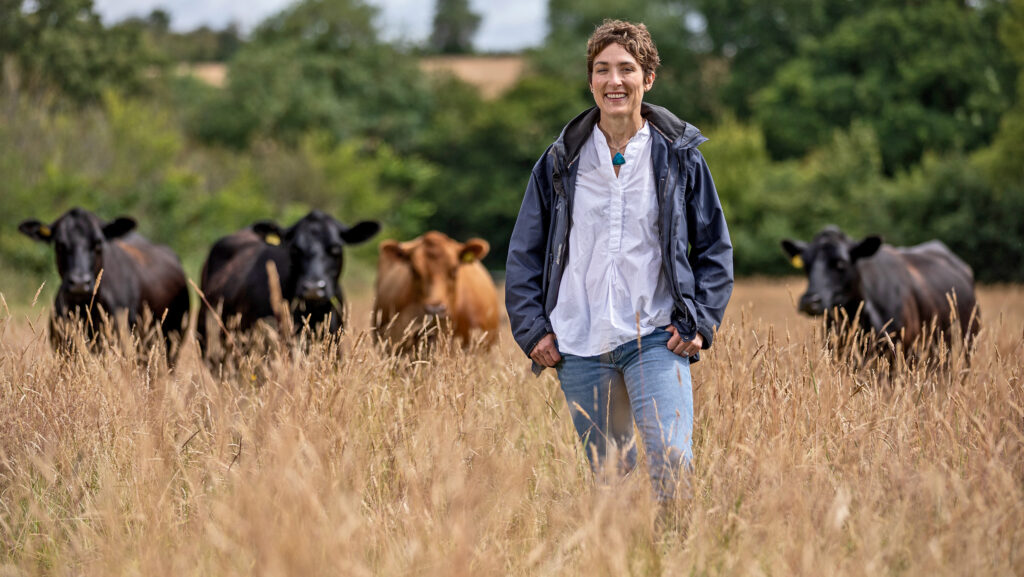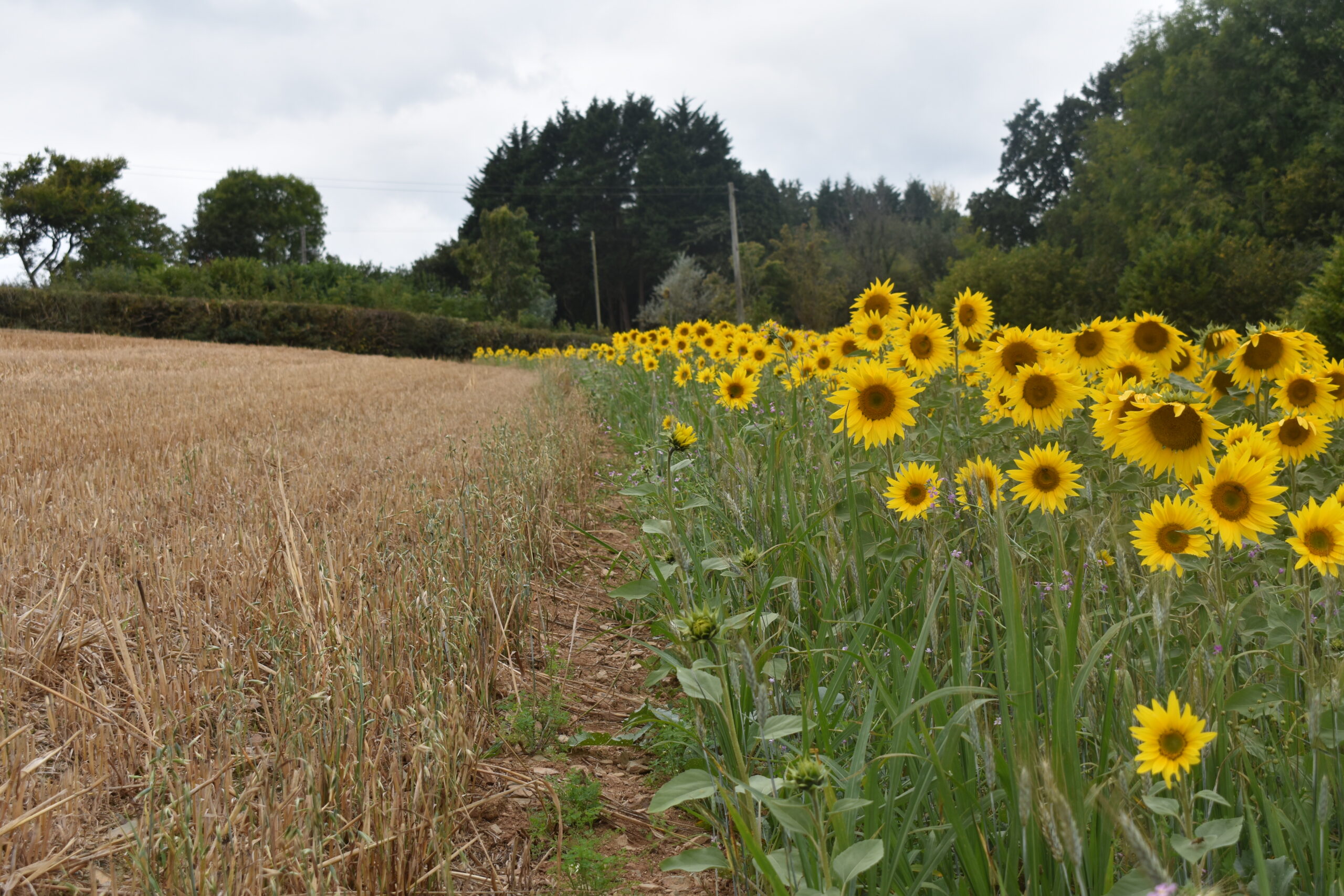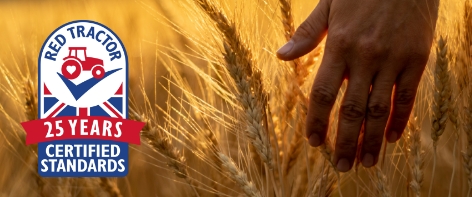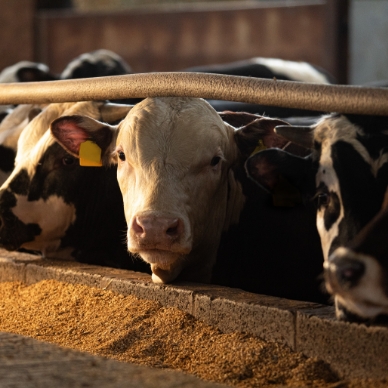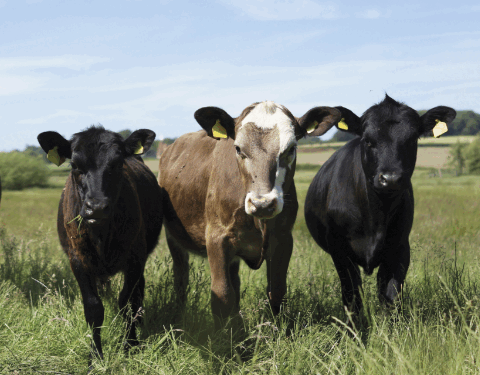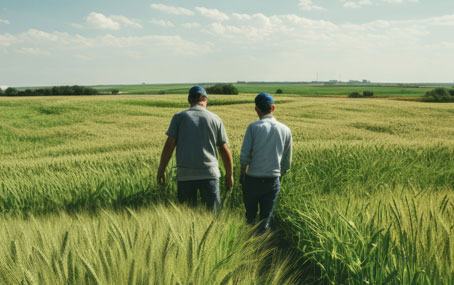Red Tractor has committed to delivering improvements including streamlining assessments and reducing audit burden.
Simon Thorpe, Senior Technical Manager at Red Tractor explains the work already underway to ensure meaningful change for farmers and growers.
The last four months have been a busy time for Red Tractor’s operations team. The entire team is working hard to put in place the building blocks to enable us to improve the value and experience of Red Tractor assurance for farmers and growers. We understand the eagerness of many members to see change happen as soon as possible.
While we’ve already been rolling out many operational changes, such as improvements to the Red Tractor Member Portal and communications, we’ve also been taking the time to ensure we’re set up to deliver meaningful changes to requirements and assessments that provide the improvements you’ve asked for. Some examples of the work we’ve been doing:
Effective decision-making
As a multi-stakeholder, not-for-profit organisation, Red Tractor’s operations are directed and informed by a wide range of experts sitting on Sector Boards, Technical Advisory Committees and the Board of Directors. These groups include representatives from each farming sector, and importantly the entire supply chain, helping to ensure that Red Tractor delivers value to all.
Throughout the past 24 years, Red Tractor has worked hard to balance the needs and views of all stakeholders including retailers, processors, farmers and governments. Achieving consensus between these often-opposing perspectives can, however, be challenging. As a result, we’ve been working hard to instil a spirit of collaboration, trust and shared values within these groups, to ensure they function effectively so that all perspectives are considered.
After thorough consultation with those sitting on Sector Boards, new Terms of Reference have been developed for each group detailing the roles and expectations of representatives. The Terms of Reference are now close to final and will be published over the summer. As we move forward to identify and deliver improvements, this common understanding will be essential to establishing consensus and taking account of impacts of changes throughout the supply chain.
Clear ground rules for standards setting
As we identify potential changes to Red Tractor’s requirements, we’re mindful that there needs to be consistency and alignment on what these changes aim to achieve. A new policy for the development of Red Tractor Standards has been developed to guide Red Tractor’s approach to all future standards and operational reviews. This policy includes a clear vision and purpose for Red Tractor together with principles which will act as our north star for standards setting.
These include principles of clarity, practicality and objectivity of standards and assessment, together with a key focus on British provenance, food safety and animal welfare. The policy will be published on our website and available to all stakeholders as we work together to identify potential improvements.
Developing sector-specific strategies
Recognising that different farming sectors require different approaches, we’re developing sector-specific strategies that identify the priorities and objectives for that sector over the coming months and years. These strategies will take onboard feedback from stakeholders and set a path for delivering changes.
While all sectors will take stock of current scheme content and approach, focus and priorities will differ by sector. We can already see some sectors focusing on streamlining standards while others are placing greater emphasis on integrating technology or seeking to reduce overall audit burden.
Each Sector Board will take into account the need for meaningful consultation with opportunities for members to input into decision-making.
Initial discussions about these strategies took place during the July Sector Board meetings (find out more in the Sector Board summaries). Taking onboard initial feedback, we’ll be sharing more detailed strategies for consideration by Sector Boards in September, after which we hope to be able to share more details on the direction of travel within each sector.
As expressed in our response to the Farm Assurance Review, we’re committed to making change happen while prioritising key issues, allowing time for consultation and collaboration, and balancing speed with rigour.
Keep up to date with our progress in delivering our commitments at redtractor.org.uk/FAR.

